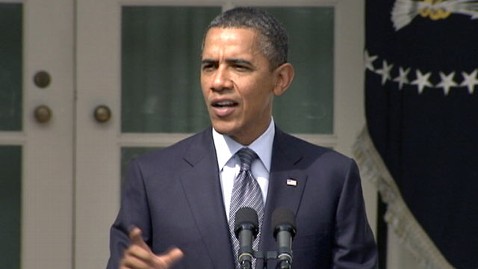Celebrations after high court grants emergency order restraining Basildon council from clearing site
Residents due to be evicted from the Dale Farm Traveller site won an 11th-hour reprieve on Monday after being granted an emergency injunction restraining Basildon council from clearing structures on the site pending a further hearing at the high court on Friday.
There were cheers from the barricade shortly after 5pm when the news arrived that bailiffs, who were due to begin evicting 86 families from the site built on a former scrapyard, would not be able to enter legally until after the hearing.
The council will also not be able to cut off utilities to the site, something that had concerned residents, who argued that the lives of sick people on the site could be endangered.
Speaking at the high court in London, Mr Justice Edwards-Stuart granted the order because there were concerns that measures carried out by Basildon borough council "may go further" than the terms of the enforcement notices.
The case hinges on the argument that residents have not been sufficiently informed about what is allowed on each pitch and what must be removed.
Despite the scale of the operation by Basildon council, which includes a camp to accommodate bailiffs, police, council staff and the hundreds of journalists from around the world covering the case, it took three individuals, without the aid of a lawyer, to put a stop to their plans.
Candy Sheridan, vice-chair of the Gypsy Council of North Norfolk, resident Mary Sheridan and volunteer Stuart Carruthers appeared at three courts on Monday, including the high court, before the injunction was granted.
Speaking after the decision, Sheridan said: "This is a victory for residents who have been shown a glimmer of respect today from a judge who listened to our reasoned arguments."
The leader of the council, Tony Ball, said he was "extremely disappointed and frustrated" by the judge's decision.
"I am absolutely clear that on this issue, on Friday, the court will find in the council's favour and that the site clearance will be able to continue," he said.
"But until then, as always, this council will comply with the law and we will comply with the judgment that has been put before us."
The judge ruled that Basildon council must tell residents on a plot-by-plot basis what enforcement measures are proposed. Residents must respond to the proposals by noon on Thursday. The judge will then decide at 11.30am on Friday if there are any remaining legal issues that could extend the injunction further.
Physical structures including cars and caravans will not be able to be moved by bailiffs and electricity and water will not be cut off unless they pose a danger "to life and limb".
But the judge said further protest ? which has included several protesters chained to the gates, to concrete blocks and to each other ? should be discouraged and that the 20ft (6m) high barricade, festooned with banners of support, should be taken down.
"It is in nobody's interests that we have a riot on this site," he said. "There's got to be a bit of give and take over a limited timeframe to see if the problems can be dealt with in an orderly rather than disruptive way."
Council representatives should be allowed on site to discuss the arrangements with individual residents, he said.
He told the Dale Farm representatives: "I appreciate it is a deeply unpleasant situation but unfortunately this is a road which is reaching its end and there is sadly no mileage in prolonging the agony."
Some protesters were not in favour of bringing down the barricade. "I think it's tactical on their side and therefore it needs to be tactical on ours," said Carol Stuart McIvor, a writer on the site. "But the decision must be the Travellers'. It's their gig ? we are only here to support them."
The council's barrister, Reuben Taylor, told the judge a lengthy delay to the eviction could cause losses to the public purse "running into millions", he said.
Any damages granted would not come "anywhere near" meeting the council's costs for the thousands of police officers on special duty, compounds, plant hire and bailiffs, he said. "The consequences would be enormous."
The judge responded that there was "a lack of clarity" as to which properties would be affected and to what extent.
He said: "They are entitled to know whether their home is on the list for permanent removal or not, or whether just a little bit of their plot is to be removed."
There was delight at Dale Farm as the news came through after a tense day that saw bailiffs jeered as they issued a final warning to protesters and residents.
Bailiffs were called "scum" and "fascists" as they told residents the council was concerned for their safety as a result of the blocking of the site gate.
Tom Berry, a resident at the site, said the injunction was a stay of execution and a relief for families.
"I'm over the moon. Especially for my family and the other residents on here. At the end of the day, we've got another week for them to sort something out for us or somewhere to go to."
He had a personal message for the leader of the council who had, earlier in the day, insisted that delaying tactics from residents were unacceptable. "Tony Ball should go back to school," he said.
Meanwhile, it has emerged that the government refused help from the United Nations to help broker an agreement between the Travellers and the council.
Jan Jarab, the European representative of the UN high commissioner for human rights, said the UN had offered to help negotiate a "less dramatic" solution.
"There was communication between the British government and our headquarters, but it was made clear to us that we would receive a letter that that offer was rejected," he said.


Source: http://www.guardian.co.uk/uk/2011/sep/19/dale-farm-travellers-win-injunction
Tea Party Joe Biden John Boehner Sarah Palin Sean Hannity
